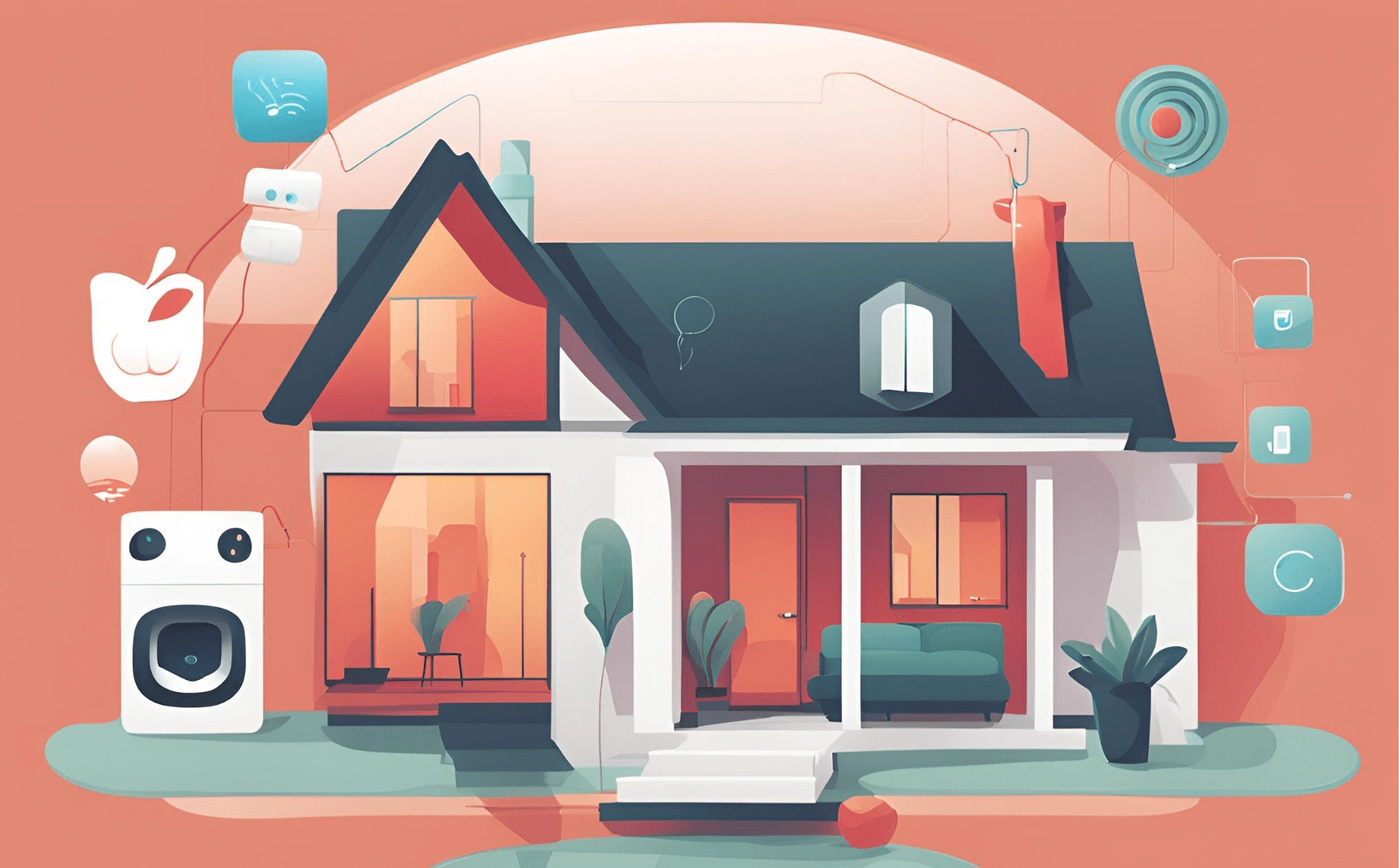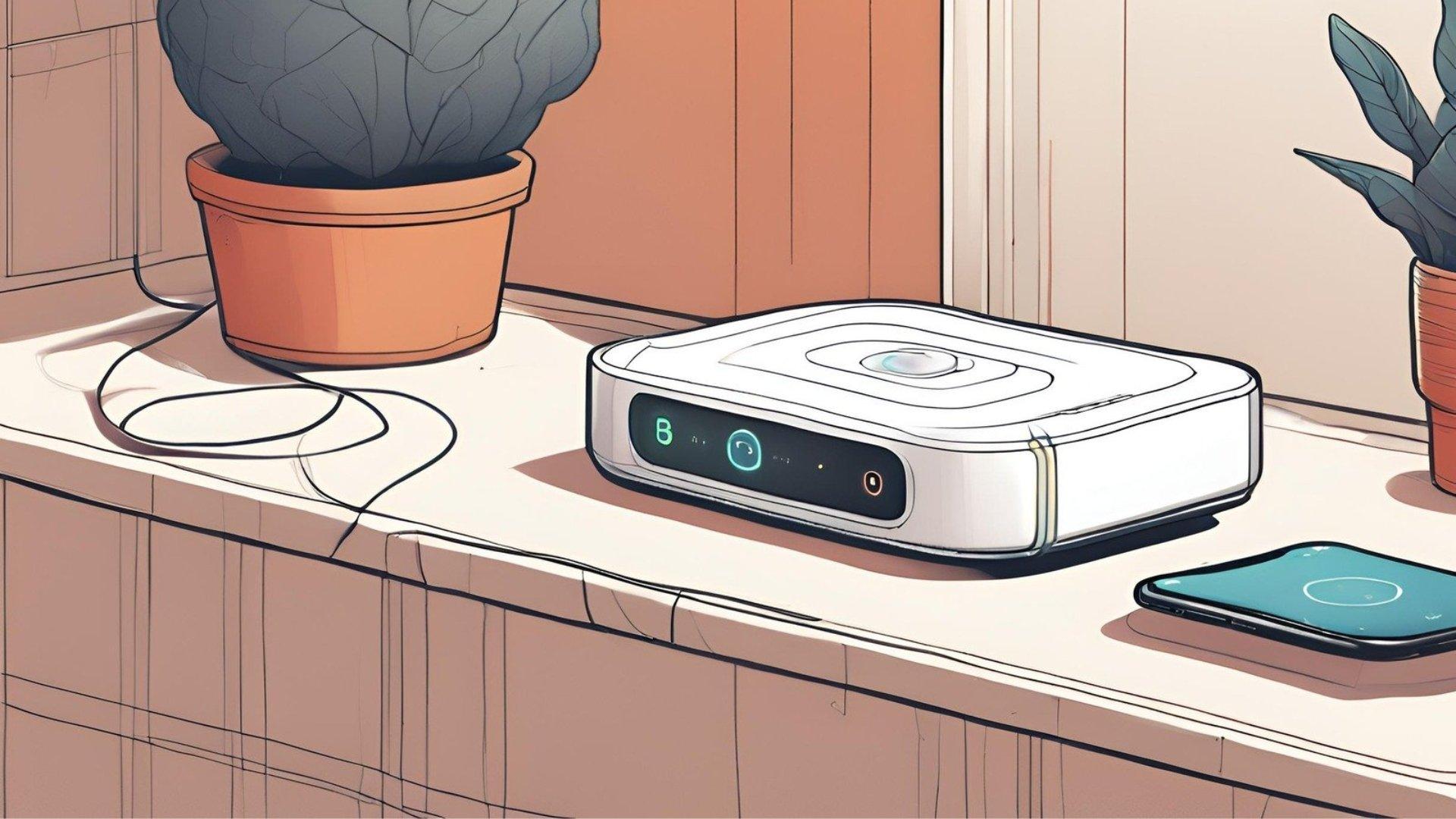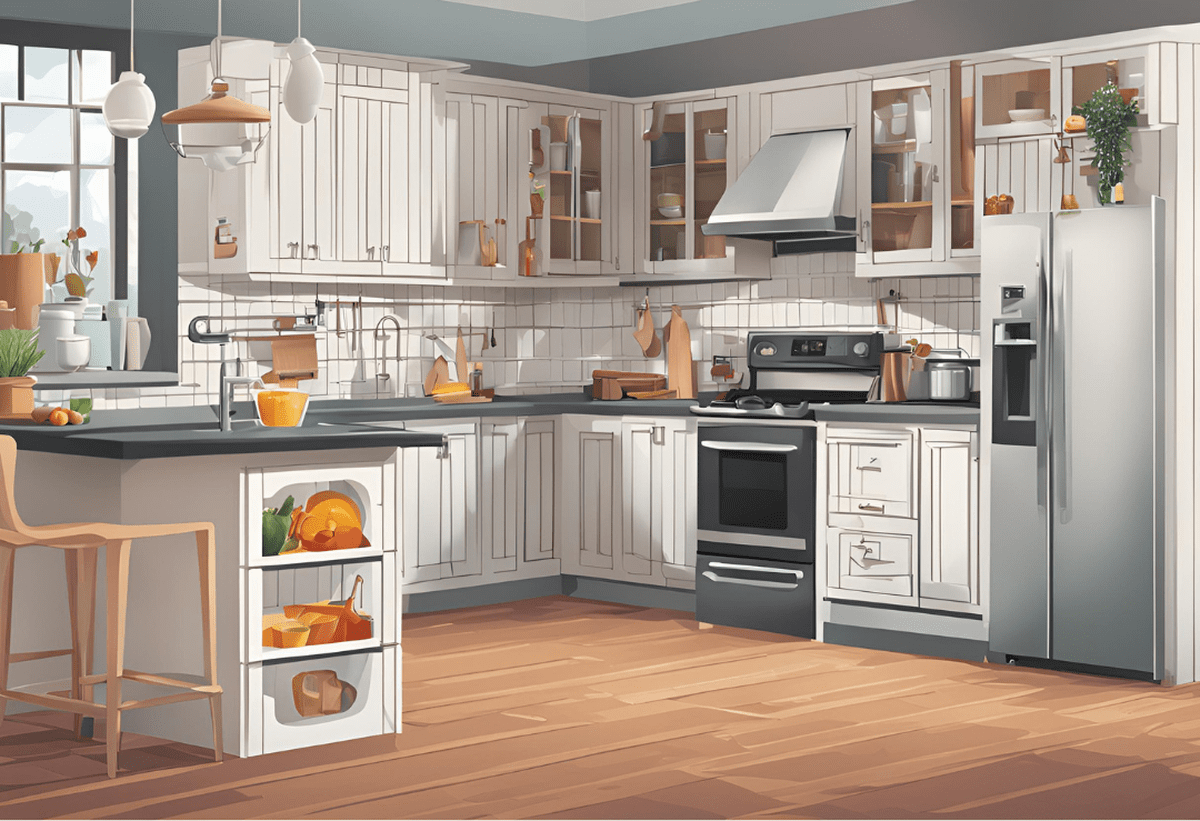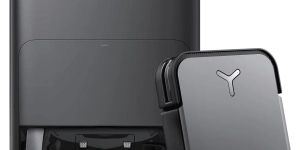What are the major differences between Matter 1.3 and 1.2?
Matter aims to bring improved interoperability and security into the smart home space. One way this is achieved is through a rigid release schedule. The Matter 1.3 specification was released in Spring 2024. It introduced a number of significant improvements, but what are the key differences between Matter 1.2 and 1.3?

Please note: This page may contain affiliate links. Read our ethics policy
Matter aims to bring improved interoperability and security into the smart home space. One way this is achieved is through a rigid release schedule.
The Matter smart home standard is released with bi-annual iterations. Each release is essentially a specification from the CSA (Connectivity Standards Alliance) with associated firmware that is rolled out to existing Matter hardware.
The Matter 1.3 specification was released in Spring 2024. It introduced a number of significant improvements, but what are the key differences between Matter 1.2 and 1.3?
3 Key Differences Between Matter 1.3 and 1.2
While the two versions of the Matter specification may seem similar, v1.3 actually adds some surprising enhancements.
Thread Commissioning Enhancements
One of the key elements of Matter 1.3 is full support for the 2024 upgrade to Thread commissioning.

Announced in January, the revisions improved credential sharing, internet connectivity, diagnostics, secure commissioning at scale, and Thread over Wi-Fi and Ethernet infrastructure. Our overview of the Thread Group’s 2024 update explains these changes in more detail.
In brief, though, these changes (which are largely geared towards more efficient networks) are vital for Thread and Matter’s long-term prospects. Matter 1.2 could not support Thread commissioning revisions – they had to be included in Matter 1.3.
Security Enhancements
While 1.2 was secure, Matter 1.3 included some revisions to the entire security and encryption provision.
Vulnerabilities from Matter 1.2 were patched, while authentication improvements are also believed to have been made. This ties into the Thread commissioning enhancements, but has wider uses across a Matter smart home. After all, Matter does not share your Wi-Fi credentials with every connected device.
Support for White Goods

A significant number of new device types were added to Matter 1.3. This included kitchen and laundry tech, moving the focus of the Matter smart home away from the living room.
Beyond improved support for robot vacuum cleaners, Matter 1.3 added laundry dryers, water management hardware, and energy management, along with EV chargers.
While Matter 1.2 added laundry washers, the inclusion of laundry dryers in Matter 1.3 represents greater control over the wash cycle. Temperature, mode, and remote activation can be managed via a Matter-compatible app or smart assistant.
The importance of these additions should not be understated. A smart home is more than just lights, curtains, and remotely lockable doors. As more device types are incorporated, so increasingly detailed “scenes” (or trigger > reactions) can be conceived.
Wider Implications of Matter 1.3
The release of Matter 1.2 established that the smart home standard was on the right track. Promises of interoperability are great, but they have to be seen to be possible. The CSA met that promise early, albeit with baseline functionality with most devices.
Matter 1.3 has taken things a step further (see the main list of Matter 1.3 improvements), to the extent that more people are aware of it. With more eyes comes more devices, as smart home manufacturers look at ways to incorporate Matter support into their products.
The more robust approach to security, which is revised with both releases, is the key strength of Matter. Limiting which devices have access to your Wi-Fi password is just one aspect of this – others include encrypted communication, and blockchain records of each device.
We think that Matter 1.3 is a release significant enough to change the entire perception of Matter. At the time of writing, the features it promises are yet to appear, with most new devices in 2024 stuck on Matter 1.2 support.
This “specification release > manufacturer inertia” delay is likely to fade over time as Matter becomes the primary smart home standard through its twice-yearly release schedule.
About the Author

Christian Cawley
Editor in Chief
Christian has been writing about technology since the mid 2000s, and has been published in numerous publications, online and in print. These include Android Magazine, Linux User & Developer, Linux Format, Tech Radar, Tom's Hardware, and Computer Active. From 2014-2024, he was a section editor and later deputy editor at MakeUseOf, before joining the Matter Alpha team. Christian enjoys old video games (mainly C64, Amiga, and MS-DOS), classic TV, and telling everyone who will listen that they should have a robot cleaner. When he's not shaping articles, Christian is a dad to three dancers, collects Lego, and is an avid home chef.

Ecovacs Deebot X2 Omni
The ECOVACS X2 OMNI is a robotic vacuum and mop with self-maintaining features, 8,000Pa suction, AI-powered navigation, and a dual-laser LiDAR system for precise cleaning and obstacle avoidance.